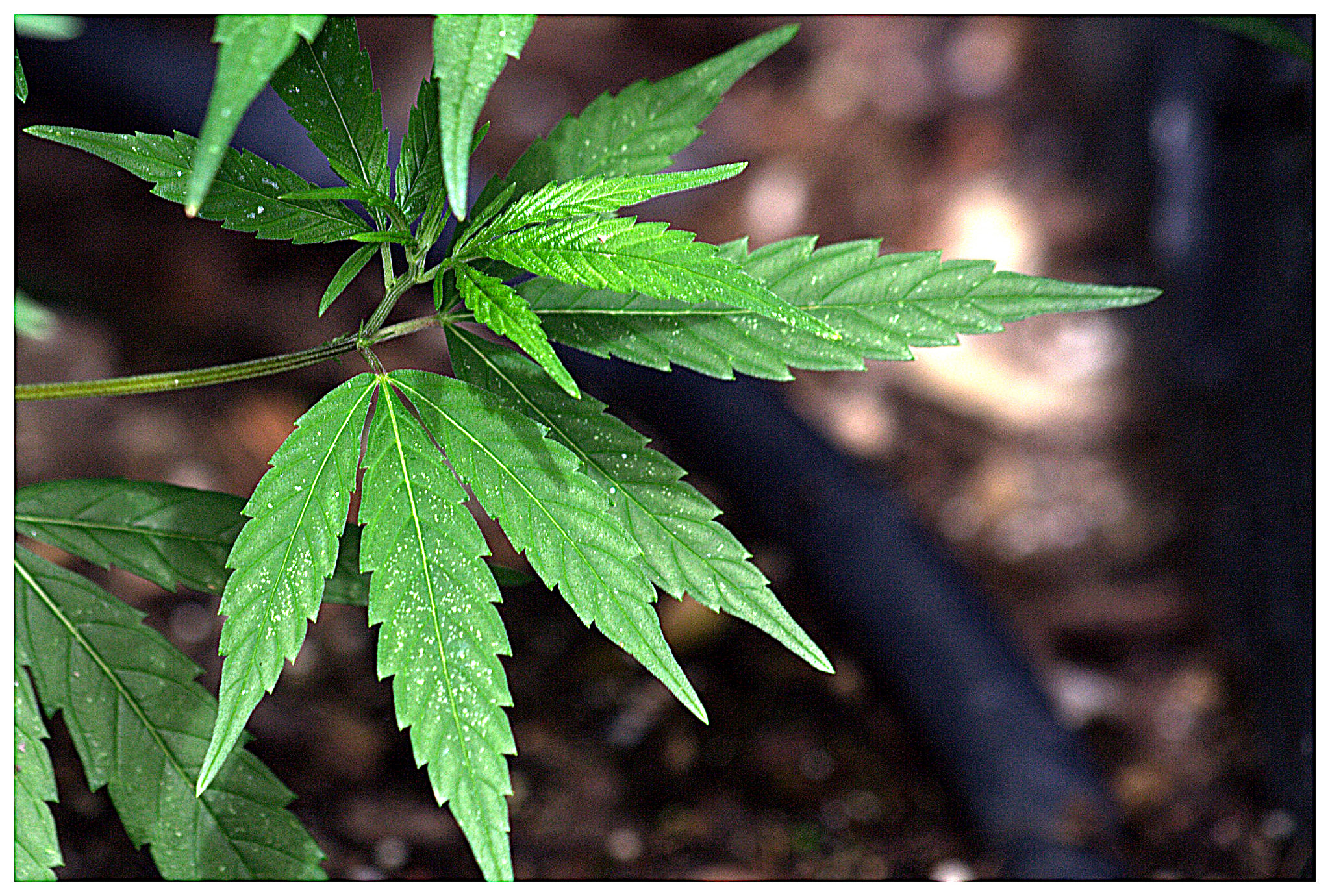Politics
Vermont Will Legalize Marijuana Within Weeks, Officials Indicate

Vermont appears poised to become the next state to legalize marijuana. And, according to top elected officials, it is likely to do so within a matter of weeks.
Last week, House Speaker Mitzi Johnson, a Democrat, said she expects “it likely will pass in early January.”
Days earlier, Gov. Phil Scott, a Republican, said he is “comfortable” signing a cannabis legalization bill into law in early 2018.
And on Thursday, Senate President Pro Tempore Tim Ashe, a member of the Progressive Party, said he and his colleagues “look forward to working with the governor to make sure that that bill gets to the finish line.”
If the tripartisan group of officials follows through and enacts legalization in early 2018, it would make Vermont the first state to end cannabis prohibition by an act of lawmakers. All eight states that have legalized marijuana so far have done so via ballot measures approved by voters.
Meanwhile, New Jersey is also considered a top contender to become the first state to pass a cannabis legalization bill. Incoming Gov. Phil Murphy, a Democrat, campaigned on the issue, and the state Senate’s president says he’s “committed” to passing a bill next year.
But the Green Mountain State has a considerable head start on the Garden State.
In Vermont, which operates on a legislative biennium, the Senate has already passed the legalization bill. All that is required to get it to Scott’s desk for signing into law is one more House floor vote, and that could happen any day after the legislature reconvenes on January 3.
In 2017, the state fell just short of ending marijuana prohibition. Both legislative chambers approved a legalization proposal, but Scott vetoed it. However, the governor then laid out a few small revisions he wanted legislators to make in order to garner his signature. The Senate quickly acted to make the requested changes, but the House wasn’t able to overcome procedural hurdles to pass the revised bill in time during a short special session over the summer.
The legislation remains on the House calendar, and can be approved with a simple majority under regular order next month.
Under the bill, Vermont’s approach to legalization would differ from the regulatory systems that exist in the other eight legalization states. That’s because instead of allowing licensed stores where consumers could purchase marijuana, it would simply enact a noncommercial form of legalization where possessing small amounts of cannabis and growing a few plants at home would be legal. However, the Senate-approved legislation would create a commission to study possible future commercialization.
During the legislative recess, Scott used an executive order to proactively create a marijuana legalization study commission on his own, so there is a chance that the pending bill will be amended to remove its commission provisions before lawmakers vote on final passage. And that could potentially mean that it will take slightly more time than just one additional House floor vote.
“Part of that bill is no longer needed,” Scott said this month, referring to the commission piece.
While saying that he has not yet “spoken to legislative leaders” about the language, he suggested lawmakers might want to “make some changes on the floor, send it back to committee, make some alterations and then we’ll see what they either add or delete and then we’ll see if it’s the same as what I committed to pushing forward with.”
But accomplishing those changes likely would not take very long, advocates say, given the consensus between legislative leaders and Scott on getting legalization enacted that seemed to crystalize during the 2017 session.
“After years of starts and stops, Governor Scott and the legislature are finally on the same page with respect to cannabis policy reform, and it now seems clear that Vermont will legalize possession and personal cultivation within weeks,” Dave Silberman, a Middlebury attorney and pro bono drug policy reform advocate, said in an interview. “This is a testament to the power of public pressure, after thousands of Vermonters called and wrote the governor in opposition to his veto of a nearly identical legalization bill just last May, and shows that, when it comes to drug policy reform, the more we speak, the more we win.”
Matt Simon, the New England political director for the Marijuana Policy Project, agreed, adding that success in Vermont will likely signal the start of a wave of legislative action on cannabis in other states.
“Vermont now finds itself on the cusp of becoming the first state to legalize marijuana through its legislature,” he said in an email. “The legislative process is slower than the [ballot] initiative process by its very nature, but this exciting development should bring hope to the millions of reform supporters who live in states that don’t allow initiatives. I’m confident that other state legislatures will soon follow their lead.”
This piece was first published by Forbes.
Photo courtesy of M a n u e l.
















